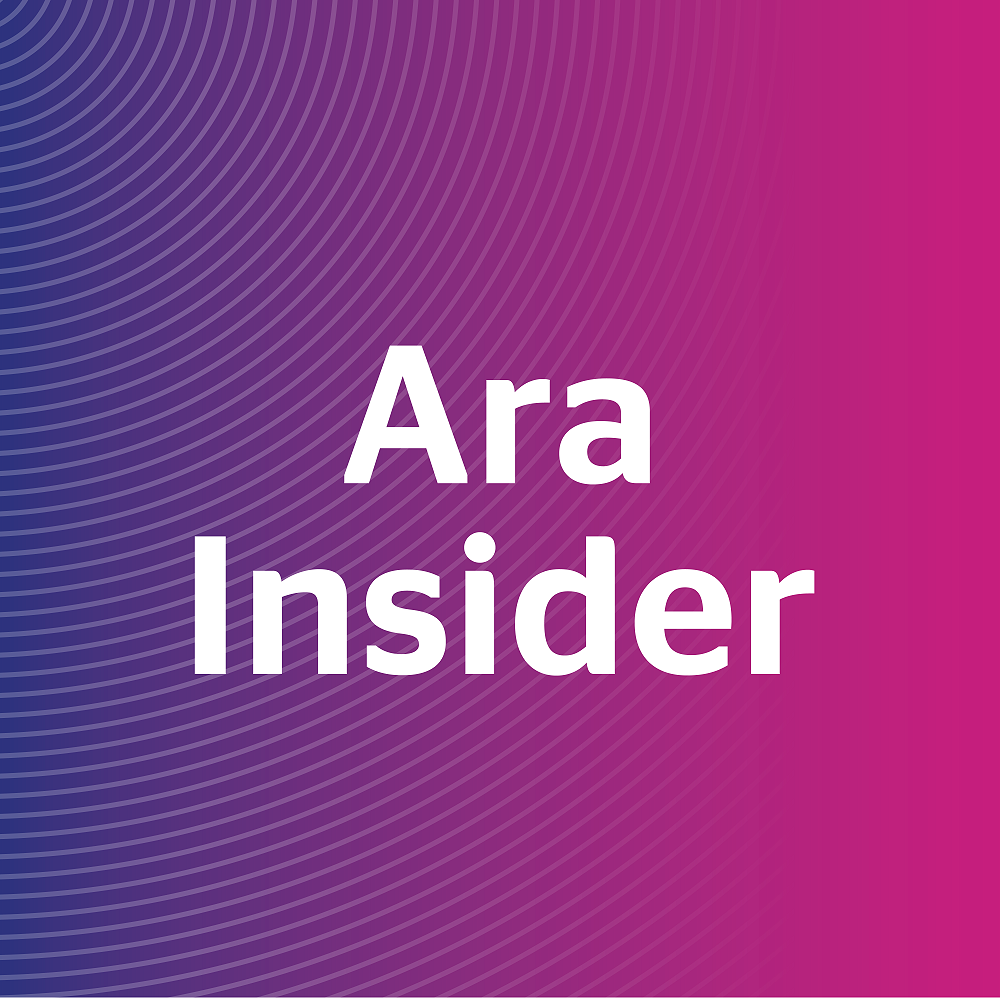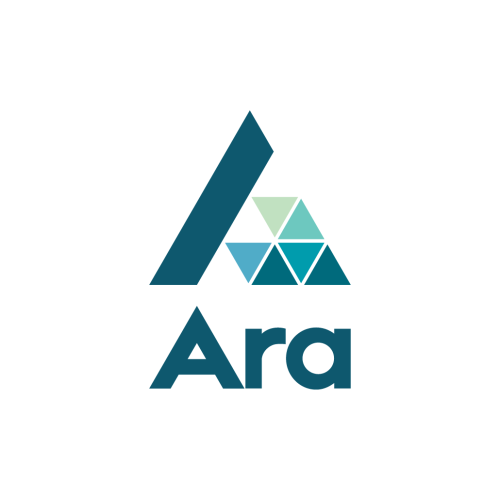
Ara Insider #8: Application Tips for Creative Subjects
For some courses in Creative Industries there are auditions, portfolios and other requirements that can seem a bit daunting. Here are some tips to help!
Art and Design, NZBS, NASDA and Music Arts are all courses with additional requirements, and we highly recommend students getting on top of these early to make the application process as smooth as possible.
- Check out the 'additional requirements' section and any supporting documents on the website for a breakdown of what is required.
- Have someone else look over the application, whether it be a family member, friend, teacher or tutor - a second opinion and a fresh eye is really useful for proof reading. If the application requires an audition, practice your audition pieces in front of as many people as possible so you feel comfortable and confident on audition day.
- Include any information that could be relevant; part time jobs, extra curricular activities and school leadership roles are good to include. Even if it is not in the specific subject area you are applying for it shows transferable skills and life experience.
- When asked why you want to study a certain subject, or why you want to work in that field, be specific with your answers. They already assume you like it, and are passionate about it, so give a more in depth 'why'.
- And remember, Ara isn't looking for perfection, just passion, potential, and whether you'll be a great fit for your chosen programme of study.
Art and Design: no closing date
Certificates: for our certificate level courses, the application will involve either a portfolio or a personal statement. We aren't looking for perfection but how you demonstrate creative potential, skill level, passion and creativity. The most important thing with these is to be authentic, show works that you love and be yourself.
Degrees: The degrees have more requirements. This document here (also attached) breaks down every aspect required for the different streams of the Bachelor of Design. There is also more information about the portfolios themselves here, and what they involve. Choose your best pieces and stick to the number of pages or pieces required.
New Zealand Broadcasting School: closes 30th September
Similar to Art and Design, there is an Additional Requirements document that must be submitted alongside the enrolment form. We are searching for applicants with passion and interest in this field, so answering the questions as your honest, authentic, creative self is crucial. The broadcasting industry needs a diverse range of people, so don't feel like you have to fit into a specific box - be yourself.
National Academy of Singing and Dramatic Art/NASDA: closes 28th August
For both the Bachelor of Music Theatre and the NZ Certificate in Performing Arts, an audition form, personal statement, CV, headshot and referee reports are required as part of the application. Successful applicants will then be invited to audition. There is an Experience Ara course coming up on the 31st of July which is useful for those auditioning to attend. Register for 'How to Smash Your NASDA Audition' here.
There is the option to select a movement audition or a dance audition. Be realistic with your skills and put yourself in the audition that is best suited for your skills. Dance is for applicants with formal dance training and stronger dance skills, whereas movement is for those with less technical training and experience. There is no downside to picking movement, so don't put yourself up for an audition type that doesn't suit your skillset.
NASDA also requires students to include a medical letter from a doctor saying that the applicant is physically capable of undertaking a qualification with a large physical component. Studying musical theatre requires learners who are open to making bold choices, are great team players and have some potential or prior skills. Most importantly they are willing to learn and willing to work hard.
Music Arts: no closing dates, auditions in October, December and early 2023
There are a variety of entry requirements for this course depending on what stream of the Bachelor of Music, or if you are looking at the Certificate in Music. For all four options, applicants must fill out the audition form, outlining all areas of their musical experience and what instruments they play. Similar to above, they will also need to provide 2 referee reports, a personal statement and CV and attend an audition.
For Music Creation and Music Production pathways, prospective students need to submit a portfolio of works they have created, and the audition will be theory focused, and include an interview and general chat.
For Music Performance and the Certificate in Music the audition will include a theory test, an aural test and a performance. Read more about the audition guidelines for all pathways here.
Music Arts is a place that appreciates and celebrates musicians from a diverse range of backgrounds. Music wouldn't be anywhere near as interesting if everyone was the same, so embrace your personal style, diversity and passions.
Check out our application focused article for information on our Application Evenings, where you can ask questions you may have about this process.
